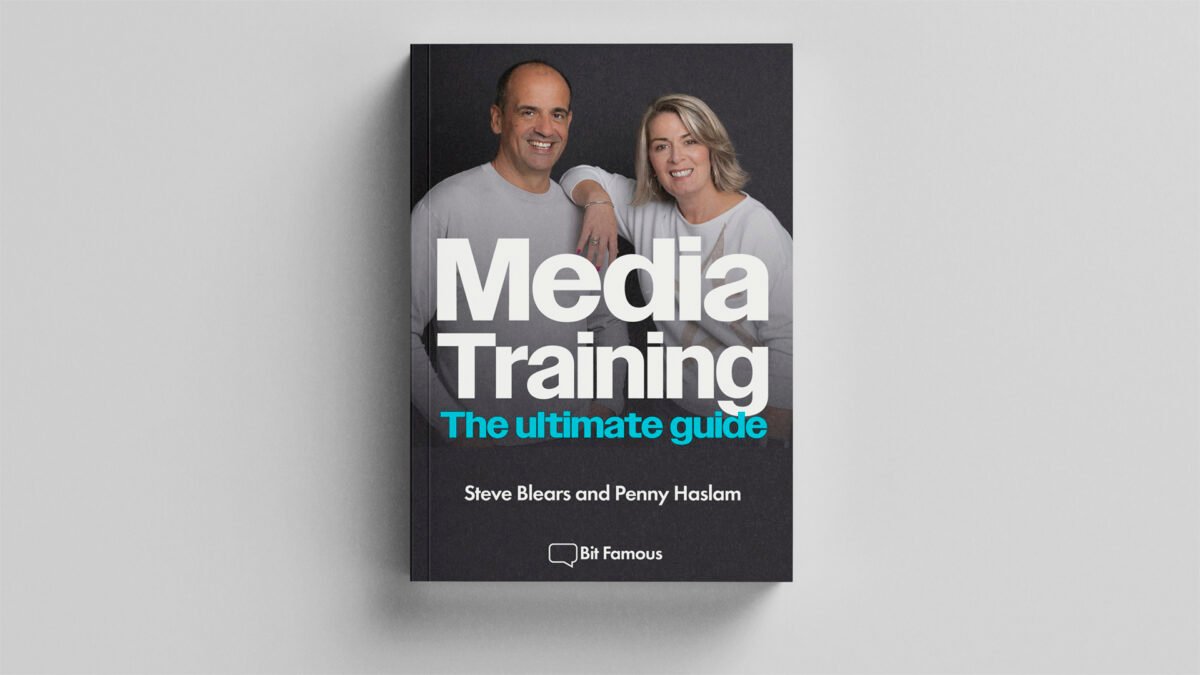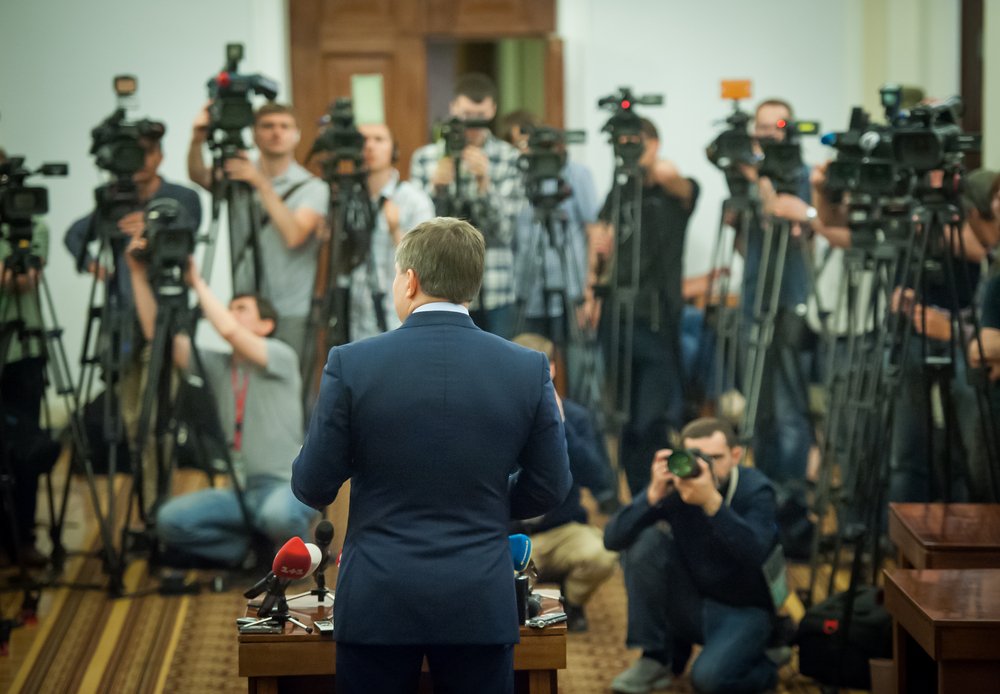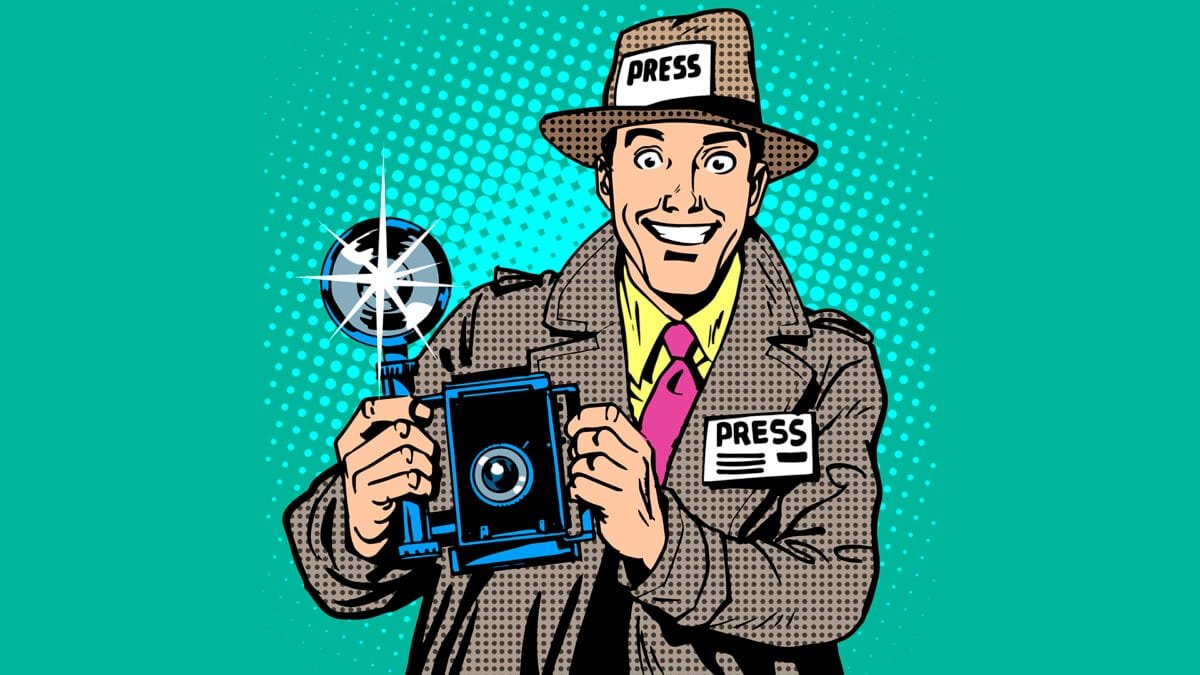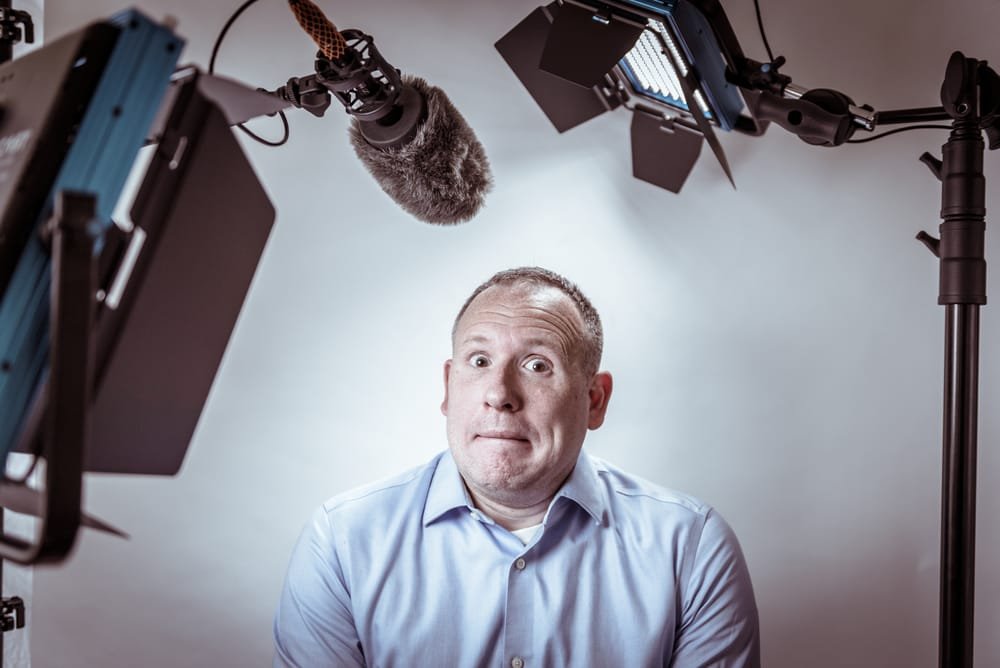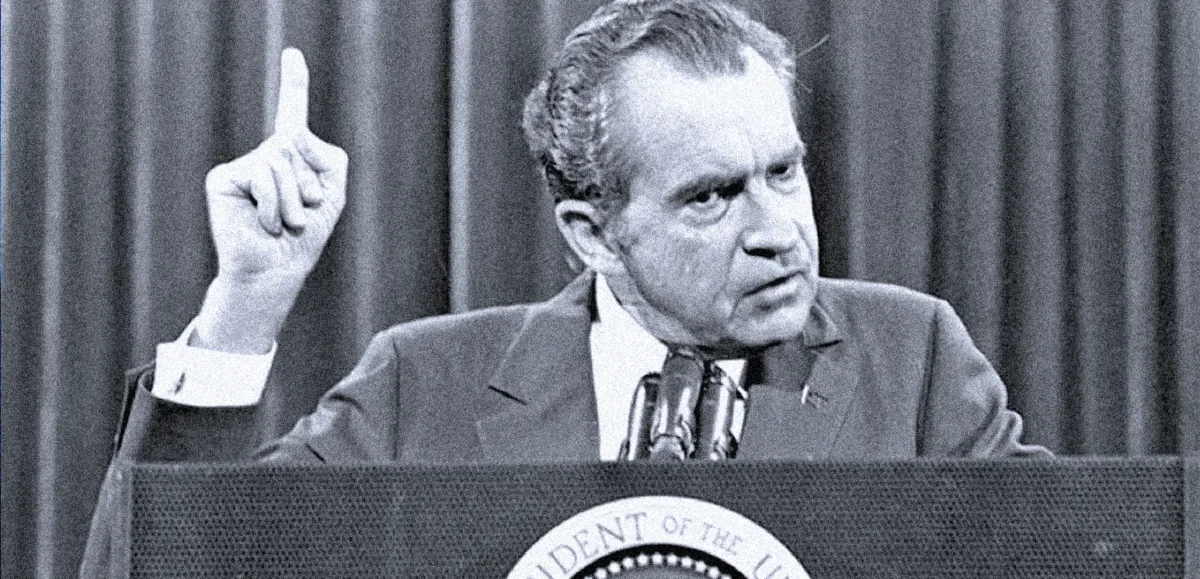Is it ok to ignore a journalist?
Is it okay to ignore a journalist? Now, this idea was prompted by a LinkedIn post I read recently by a comms professional and this guy, let’s call him Dave, had really got his pants in a bunch over this topic. He said he’d been involved in the final stages of a big business deal with a tech company. Someone had leaked the deal before it had been signed, and to get to the point, a journalist had called and said,
“I need you to confirm or deny this story by my deadline.”
And that had sent him into a complete tailspin. Now, it always baffles me how panicky people get when they’re approached by journalists.
Journalists are not the police
Let’s get something straight. Journalists are not the police. A flash of a press pass does not mean you need to spill your guts and tell them everything you know. Journalists are just nosey members of the public. And I know because I used to be one.
Yes, they sometimes get granted special access by the police courts in politics, for example, but they are no different to you and I, and they can’t command you to say anything. So our example, Dave, who actually went on to say that he’d been told by his boss to lie to the reporter, need not have said anything at all. He could have just ignored that pushy, “Confirm or deny by my deadline” request.
The reason being, it was a commercially private deal at a sensitive point. Neither business was in the public sector. Neither was it government-owned. There was no public interest and no public right to know. In fact, if there were businesses with shareholders, there would be rules to say nothing until shareholders and the stock market had been informed first.




